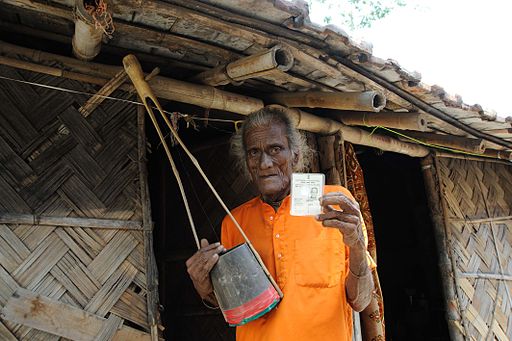Governance Capacity and Political Selection

Showing voter ID (by Goutam Roy, via Wikimedia Commons)
Issue:
The digitization of key government services — in this case, India’s National Rural Employment Guarantee Scheme — can streamline public service delivery and reduce the ability of politicians to misappropriate state funds. Political officials face challenges if they lack sufficient technological proficiency to maintain and oversee these systems.
Questions:
- Could information campaigns, which explain the required capacities for public service and the related challenges to steal funds, change the profiles of the candidates who run, and who voters choose to elect?
- Could this information ultimately help local communities source candidates and elect local leaders that are more competent, less corrupt and better suited to the position?
Abstract:
In this pilot project, we will collect descriptive data to be used for the design of an RCT intended to study how the state of governance capacity affects selection of politicians. The ultimate intervention will involve providing information about ongoing changes in governance structures and procedures to both voters and potential candidates just before local government elections in West Bengal, India, in 2018. Our hypothesis is that the changes in the governance structures, which, as we showed in previous work, make it harder to siphon off cash, simplifies certain bureaucratic processes but also makes new demands on the local government officials (they need to upload data for example), will change the set of candidates who run in local government elections and also change who the voters select. In particular, it may discourage corrupt incumbents from running, and encourage entry by a new group of candidates who have more of the necessary skills but are less willing to deal with bureaucratic hassles.




